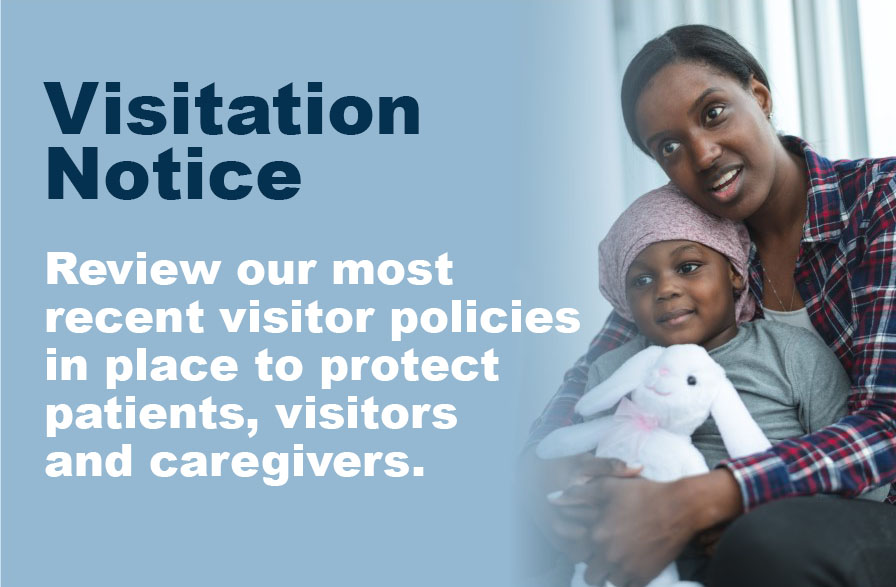We know how important it is to keep your personal information safe online. Just like taking care of your physical health, maintaining good cyber health helps protect you from online risks like identity theft and data breaches. It’s all about staying safe and secure in the digital world.
What is Cyber Health?
Cyber health refers to the steps you can take to enhance and secure your online safety, including protecting your personal accounts and health data. It involves practices like using strong passwords, being careful with the information you share and keeping your devices updated.
How to Protect Yourself and Maintain Good Cyber Health
- Use secure passwords: Create strong, unique passwords or passphrases and consider using a password manager. Avoid reusing passwords.
- Update devices regularly: Ensure your laptop, desktop and mobile devices are set to automatically install updates.
- Use antivirus software: Consider installing a personal antivirus tool on your devices.
- Encrypt your data: Request companies to encrypt your data when it’s being transferred.
- Email security: Educate yourself on best practices. Be cautious with attachments and links, read carefully and avoid opening suspicious emails.
- Exit the loop: If you suspect something is spam or malicious, visit the source’s website directly or call them instead of clicking on any links in the email.
- Use multifactor authentication (MFA): Enable MFA on all accounts that contain sensitive information, such as bank, health care and shopping accounts.
- Be suspicious of texts and calls: If you suspect a text message or phone call is malicious, contact the source directly.
For more education and tips about cyber health, visit the Cybersecurity and Infrastructure Agency’s website.
The information provided on this website does not, and is not intended to, constitute legal advice; instead, all information, content, and materials available on this site are for general informational purposes only. Readers of this website should contact their attorney to obtain advice with respect to any particular legal matter. No reader, user, or browser of this site should act or refrain from acting on the basis of information on this site without first seeking legal advice from counsel in the relevant jurisdiction. Only your individual attorney can provide assurances that the information contained herein – and your interpretation of it – is applicable or appropriate to your particular situation. Use of, and access to, this website or any of the links or resources contained within the site do not create an attorney-client relationship between the reader, user, or browser and website authors, contributors, contributing law firms, or committee members and their respective employers.




